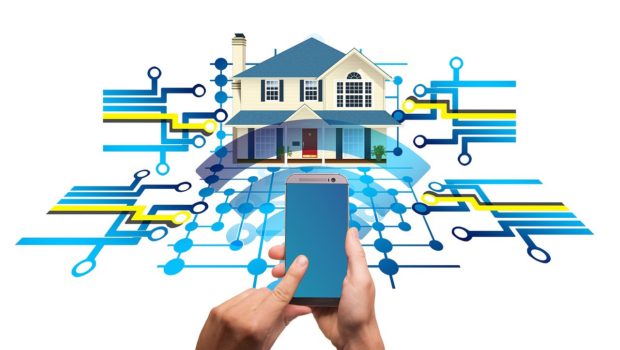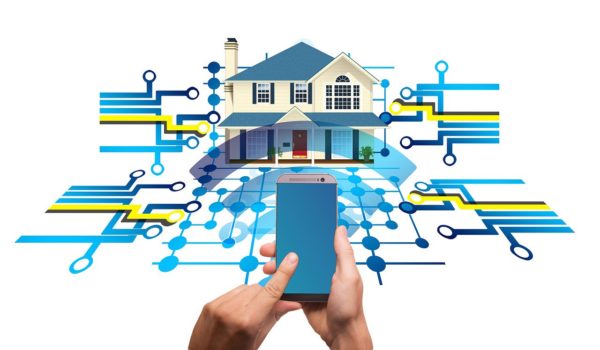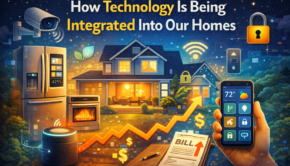Technology in the real estate sector: Building with the future in mind
Technological development has brought out unprecedented changes in virtually all aspects of life. Although the real estate industry is generally a slower consumer of technology, a lot of developments have been witnessed over the past few years. Huge multinationals as well as startups have come up with several innovative products and services tailored specially to meet the needs of the real estate sector. Artificial Intelligence(AI), the Internet of Things(IoT) and Virtual Reality(VR)are among technological advances changing the real estate scene. We take a deeper look at these game changers and their influence to the real estate industry.
Artificial Intelligence
The real estate industry is thrives from immense collection and analysis of data. In the modern market, potential customers are easily first analyzing commodities online even before they schedule a visit. AI is being used to disseminate information that is relevant and specifically targeted to a given set of potential buyers. Using complicated algorithmic calculations, computers have been trained to select the most likely persons amongst people potential buyers where they frequently send relevant information.
Internet of Things (IoT)
Modern homeowners have become extremely sensitive and, to a good extent choosy on the kind of houses they live in. At the same time, developers are fitting houses with practical products that make houses “smart.”
Thanks to IoT, modern houses are able to switch off lights, remove clothes from drying lines detect security and fire threats among tasks. This is indeed one of the areas where a lot of growth is expected in the next few years as buyers and renters seek for buildings with such amenities. The idea of Smart homes is no longer a reservation of the tech-savvy and wealthy individuals but it is quickly becoming a market demand and a distinguishing factor on price.
Developers of products for smart homes have woken up to this market trend with small startups and well established organizations coming up with innovative responses to consumer needs. With IoT in place, you no longer have to worry whether you put up off your coffee maker or switched off the lights. These are tasks that can be performed by installations done all over your home.
IoT products also include air condition regulators that are able to set up appropriate temperatures when you are away from your home and even when you are around.
This is indeed one of the most promising areas that will make real estate highly competitive whether you are a Toowomba based company or sitting right at the Silicon Valley in the US.
Virtual Reality
Virtual Reality is characterized by the creation of virtual environments to resemble actual environments. In other words, you can be around the beach without necessarily traveling to the beach.
This development is making a huge difference in the interactions between real estate agents and their customers. Today potential clients do not have to travel several miles to view a property; they can do so from the comfort of their homes in a different state, miles away. VR is helping real estate agents to serve more customers within a shorter period of time while saving more on cost of transport and time spent traveling.
At the same time, VR is enabling potential buyers to view the property inside out, even being able to test the furniture and other house installations without necessarily setting foot into it.
VR is also used by realtors to visualize the end product way before its creation. This is perhaps one of the most visionary achievements of VR and one that is expected to accelerate its usage in the real estate industry. Developers contend that there is a lot of satisfaction that comes from “seeing” the vision before it is finally erected into a complete spectacle.
3D Printing
In the early months of 2017, a 3D printed house in Moscow Russia made headlines as the world’s first house to be printed on site using 3D technology. The one-storey building was featuring a sitting room and one bedroom was all ready in just 24 hours according to developers. 3D printing is the latest technology to hit the real estate market. It’s revolutionary nature has made it very attractive with a lot of research efforts going on to tap into various ideas on the technology. The ability to recycle materials and have houses ready in shorter periods of time is especially lucrative as it saves developers a lot of money. As this technology advances, it will be interesting to watch how it shapes and influences the real estate industry.
In conclusion
It is evident that technology has just begun roiling out products that will overwhelmingly turnaround the real estate industry. The modern developer must align themselves with technological products that will allow their properties to stand a competitive ground. In other words, they must build houses with the future in mind. Consumers simply want to live in houses that are having smarter appliances and help them tackle a myriad of challenges.

















